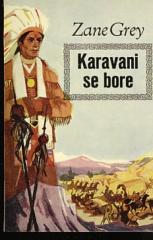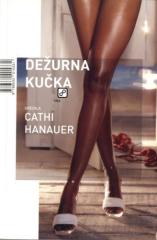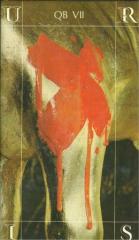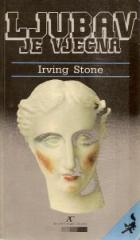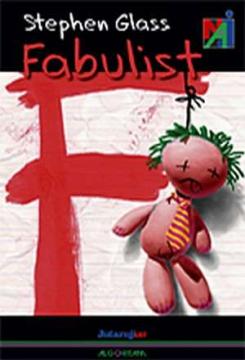
Fabulist
„Bajkopisac“ (2003) je poluautobiografska priča o usponu i padu mladog novinara Stivena Glasa, inspirisana njegovim skandalom iz stvarnog života 1998. godine. Glas majstorski spaja stvarnost i fantaziju u urnebesnoj, ali duboko uznemirujućoj naraciji.
Kao blistava zvezda časopisa „Nova Republika“ (u romanu „Vašington nedeljnik“), Glas je očarao čitaoce svojim oštrim člancima o moćnima, ali sve se raspalo kada je rivalski časopis Forbs postao sumnjičav prema njegovoj priči o ljutitim dobitnicima lutrije. Umesto da prizna, Glas je dublje potonuo u laži, izmišljajući nove detalje i likove u očajničkom pokušaju da spase karijeru, mešajući činjenice sa fikcijom poput majstora iluzije.
Otkriveno je 27 lažnih članaka, njegova karijera se srušila kao kula od karata, a on je postao simbol novinarske arogancije i krize poverenja u medije. U samonametnutom egzilu sa porodicom u predgrađu Čikaga, a kasnije i blizu Vašingtona, suočio se sa demonskim pitanjima: Zašto lažem? Kako da prestanem? Da li je moj život, sa 25 godina, zauvek izgubljen?
U ovom haotičnom bekstvu, susreće se sa šarenom galaksijom ekscentrika - kolega klovnova, bolesnih životinja, razdražljivih masera, zavodljivih bibliotekara, takmičarki u bingju, sinhronih plivačica, mentalno poremećene striptizete i misteriozne anđelike u ljubičastoj odeći - dok se na njega ruši tromi svet novinarstva. On ponovo otkriva zaboravljeni judaizam, zaljubljuje se u ženu sa svojim mračnim tajnama i bori se za iskupljenje kroz porodične veze, prijateljstva, veru i ljubav, tražeći izlaz iz lavirinta laži.
Poput lagane mea culpe, roman grize medijsku etiku, istražujući kako preživeti u svetu gde je istina krhka kao staklo. Inspirisan autorovim padom u stvarnom životu, postaje metafora za američki san: brzi uspon, spektakularni pad i teška potraga za novim početkom.
Multiple copies are available

